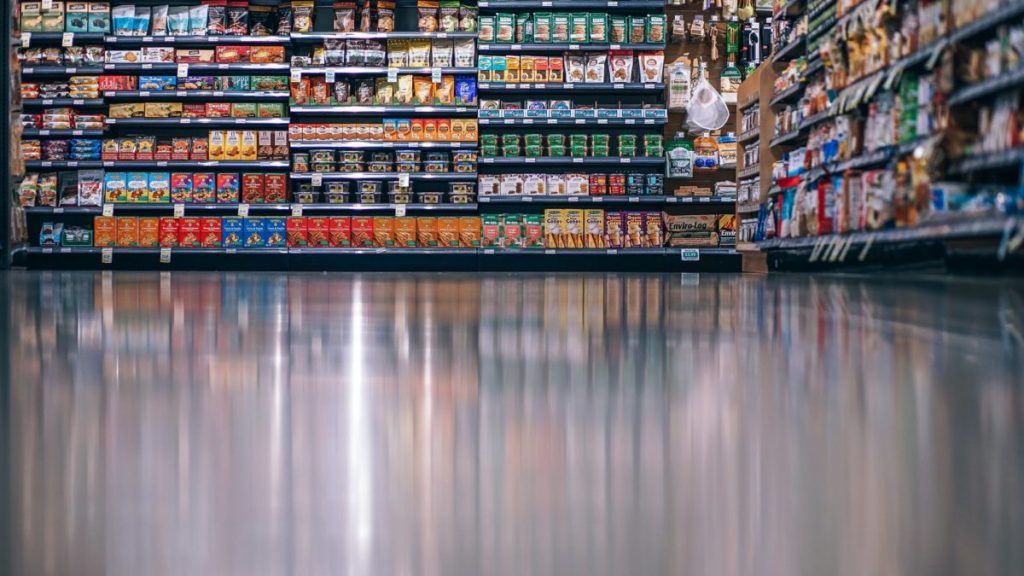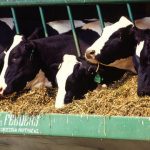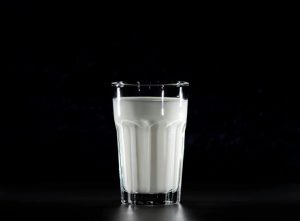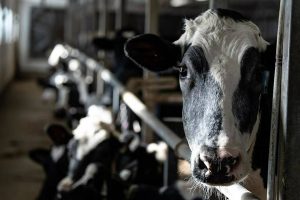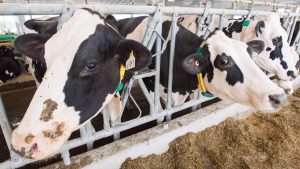
And indeed, given that the purpose of the regulations is purportedly to avoid confusion, labels must reflect our language, lest they be misleading.
This week, Vancouver-based vegan cheesemaker Karen McAthy of Blue Heron Creamery made the news when she was told by the Canadian Food Inspection Agency to stop using the word “cheese” to describe her plant-based cheeses, cultured in the traditional cheesemaking fashion from ingredients like almonds, coconuts, and cashews.
Canadian regulations define milk as being lacteal secretions from animals’ mammary glands, while cheese, cream, sour cream, butter, and ice cream, are defined as being made from this milk.
The regulations were drafted four decades ago, before the explosion of the plant-based food sector, and even before Canadians were thoughtful enough to consider the dietary patterns of those from other cultures in our food policy. Soy milk, for example, has been popular for nearly 700 hundreds years throughout Asia, where most adult humans are lactose intolerant.
Canadian consumers may think we’re buying soy milk, but look closer: it’s typically labelled soy beverage. This may not be an overly confusing label for plant-based milks, which come in similar packaging and are in the same supermarket fridge as cow milk.
But when it comes to cheeses and other dairy products, which cover a wide variety of products in a wide variety of packaging, it’s not so easy to discern what a product is without the terms that are familiar to us. For example, is “cultured cashew spread” meant to be used like cream cheese, sour cream, butter, or something else?
The stated purpose of Canada’s food labelling rules is to prevent consumers from being deceived or misled. But plant-based dairy companies are not trying to mislead consumers. On the contrary: these days, the dairy-free nature of products is a marketing advantage, and the primary reason for many companies’ and products’ existence. They’re deliberately making it clear that their dairy-free products do not contain lacteal secretions from animals’ mammary glands.
In the United States, regulations permit food companies to use regulated terms — like cheese and milk— with qualifiers, such as “dairy-free,” “plant-based,” “cashew,” or “soy.” Far from being confusing, these labels offer details to consumers in language they are already using. The American regulatory regime recognizes that the name of a food can be established by common usage —in other words, if we’re all calling it soy milk, it should be labelled soy milk.
In Canada, too, we are colloquially referring to non-dairy milks, cheeses, and so forth in everyday language, the media, and even supermarket advertising. Labels should reflect our language. And indeed, given that the purpose of the regulations is purportedly to avoid confusion, labels must reflect our language, lest they be misleading. This puts food producers in a tough spot: both labelling a product what consumers call it and using a euphemism could potentially violate the regulations.
“Milk” and derivative terms are not the intellectual property of the dairy industry, and Canadian regulators should not be effectively enforcing a non-existent trademark for them. The role of our food labelling regulator is to ensure that companies can clearly communicate with consumers through labels—not to further the private commercial interests of one sector over another.
Ultimately, the Canadian Food Inspection Agency’s regulations may not even be constitutional. Canadians enjoy a right to free expression, barring a pressing and substantial government objective. In other words, if we want to culture cashew milk instead of cow milk and sell it as cashew cheese, the government has to have a really good reason not to let us.
Consumers are increasingly switching to dairy-free products out of concerns for the animals, the environment, or our own health — or simply because of taste preference. This is not a fad, but a new normal. Regulations that can only conceive of milk as being the lacteal secretions from animals’ mammary glands are badly out of date, creating unnecessary barriers for entrepreneurs and consumers in the 21st century.
Until then, enjoy your jars of peanut butter and cans of coconut milk while you can — according to Canadian food labelling regulations, those labels may actually be illegal.
Anna Pippus is a lawyer, writer and director of the Plant-based Policy Centre.
